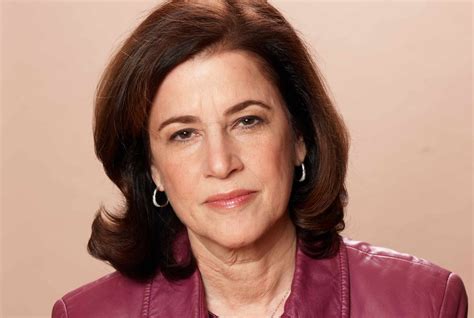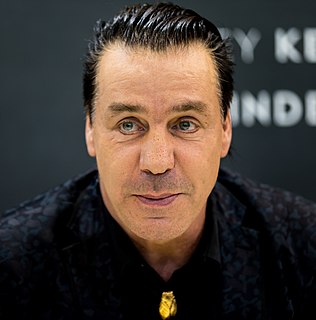A Quote by Jerry Heller
I'm a child of the sixties. I grew up with a president who was a crook, who put us into the most unpopular war in history, who had no communication with people under thirty. I had seen the Symbionese Liberation Army and the Panthers and the Diggers; I understood what they were about.
Related Quotes
Here's a history lesson: when men took power of their lands, all of a sudden, women became a prize. In order for us to be protected, we had to make sure that we had our partner on our side. We were put in a position where our vulnerability was a life and death scenario. And we were taken advantage of, and we were put in a certain place that we had never been put in before.
We grew up as this family of deniers. And people who knew us for years were stunned when "The Great Santini" came out because we had this appearance of being this happy, large, smiling family. We were taught to smile, put the best face forward. And so when the book ended up - Dad swatting us around the room, no one believed me.
I've only ever played 'God of War' while we were shooting it. I've seen a lot of the videos, but while we were shooting 'God of War,' they had a green room for the actors to hang out in, and they always had the newest game on the big screen. So we'd sit there playing 'God of War' to get us into the mood.
We still had the prayer support of our church. We shot this film [War Room] in Charlotte, North Carolina, and we had about 85 churches rise up and support us across racial and denominational lines, and many of them were praying for us, and we built some prayer teams where we had people on set praying.



































